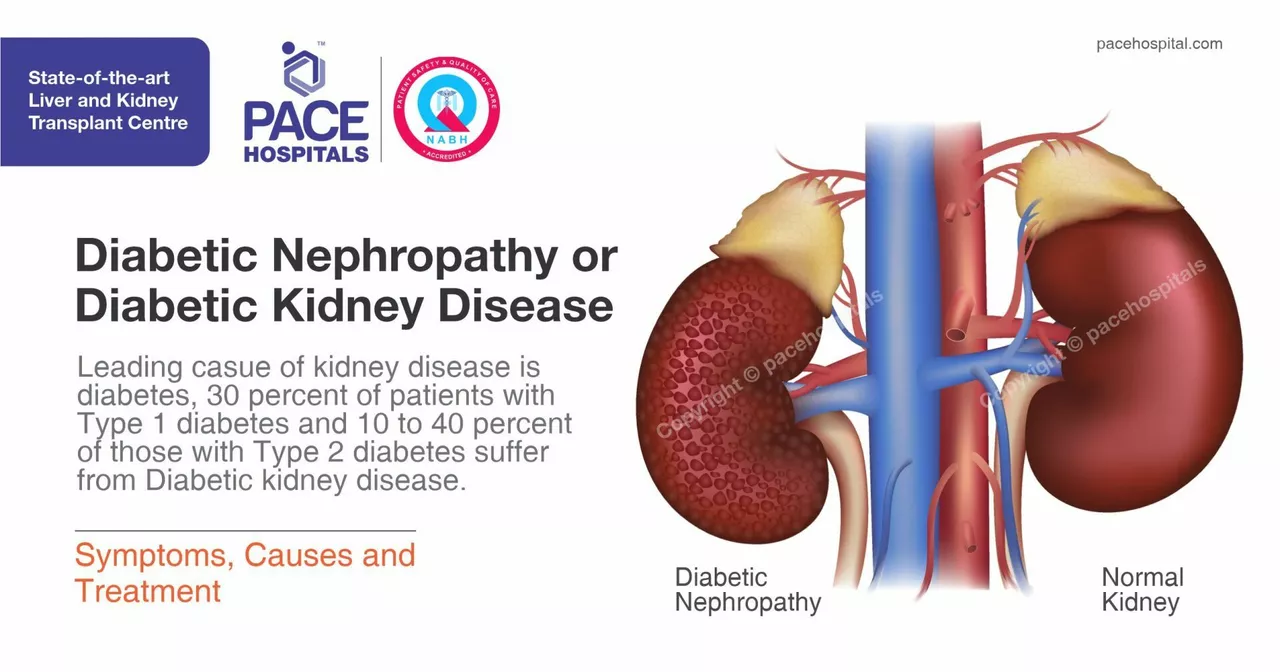Kidney function: what to watch, tests, and practical tips
Your kidneys filter about 120 to 150 quarts of blood every day and make about 1 to 2 quarts of urine. They balance fluids, clear waste, and help control blood pressure. Small problems can grow if you ignore warning signs.
Common warning signs are swelling in ankles or around the eyes, unusually tired, poor appetite, foamy urine, fewer trips to the bathroom, or blood in urine. High blood pressure that is hard to control can also be a clue. None of these prove a kidney problem, but they should prompt a check.
The basic tests your doctor will order are serum creatinine with estimated glomerular filtration rate (eGFR), and a urine albumin-to-creatinine ratio (ACR). Creatinine measures how well your kidneys clear waste. eGFR uses creatinine plus age, sex, and sometimes race to estimate filtering power. ACR detects small amounts of protein that show early damage. If results look off, your doctor may repeat tests, add imaging, or refer you to a nephrologist.
Many common drugs need dose changes when kidneys are impaired. Metformin, certain antibiotics like ciprofloxacin, some blood pressure medicines, and many supplements require attention. Nonsteroidal anti-inflammatory drugs (NSAIDs) such as ibuprofen can make kidney function worse, especially with dehydration or existing kidney disease. Tell every provider and your pharmacist about any kidney issue so they can adjust doses or choose safer alternatives.
Simple daily habits protect kidneys more than you might think. Keep blood pressure and blood sugar in range. Aim for steady hydration — enough so your urine is pale, but avoid forcing large volumes. Cut back on excess salt and ultra-processed foods. Don’t smoke. Use over-the-counter pain medicine sparingly and only after checking with a clinician if you have kidney concerns.
If you are prescribed new medicines, ask if kidney function affects dosing and when to recheck labs. When hospitals give IV contrast for scans, ask about kidney risk and whether extra fluids or a delay in testing is needed. If you have chronic conditions like diabetes or heart disease, schedule regular kidney checks — yearly is common unless your doctor advises more often.
Watch for urgent signs: sudden drop in urine output, severe swelling, chest pain, severe shortness of breath, very high fever, or confusion. Those can signal acute kidney injury or complications and need immediate medical attention.
Want deeper reads? Our guide on how to buy Cipro online covers antibiotic use and safety. The pantoprazole and omeprazole article explains PPI differences, which matter for long-term kidney health. The thyroid medication dose guide shows how chronic disease affects dosing. Use these resources to ask smarter questions at your next appointment.
Quick checklist: get baseline labs, carry a medicine list, avoid NSAIDs when unsure, control sugar and blood pressure, ask about dose changes, and follow up within the timeframe your doctor sets. If you plan travel or surgery, share kidney history so teams protect your kidneys during procedures and medications. Keep records and ask questions every visit.
Saxagliptin and Kidney Function: A Crucial Connection
In a recent blog post, I explored the crucial connection between Saxagliptin and kidney function. Saxagliptin, a medication used to treat type 2 diabetes, has been found to have significant effects on the kidneys. Research has shown that this drug can help improve kidney function by reducing blood sugar levels and managing diabetes-related complications. However, it's essential to be cautious with dosages to avoid potential adverse effects, especially for patients with existing kidney issues. As always, it's important to consult with a healthcare professional before starting any new medication or making changes to your treatment plan.
